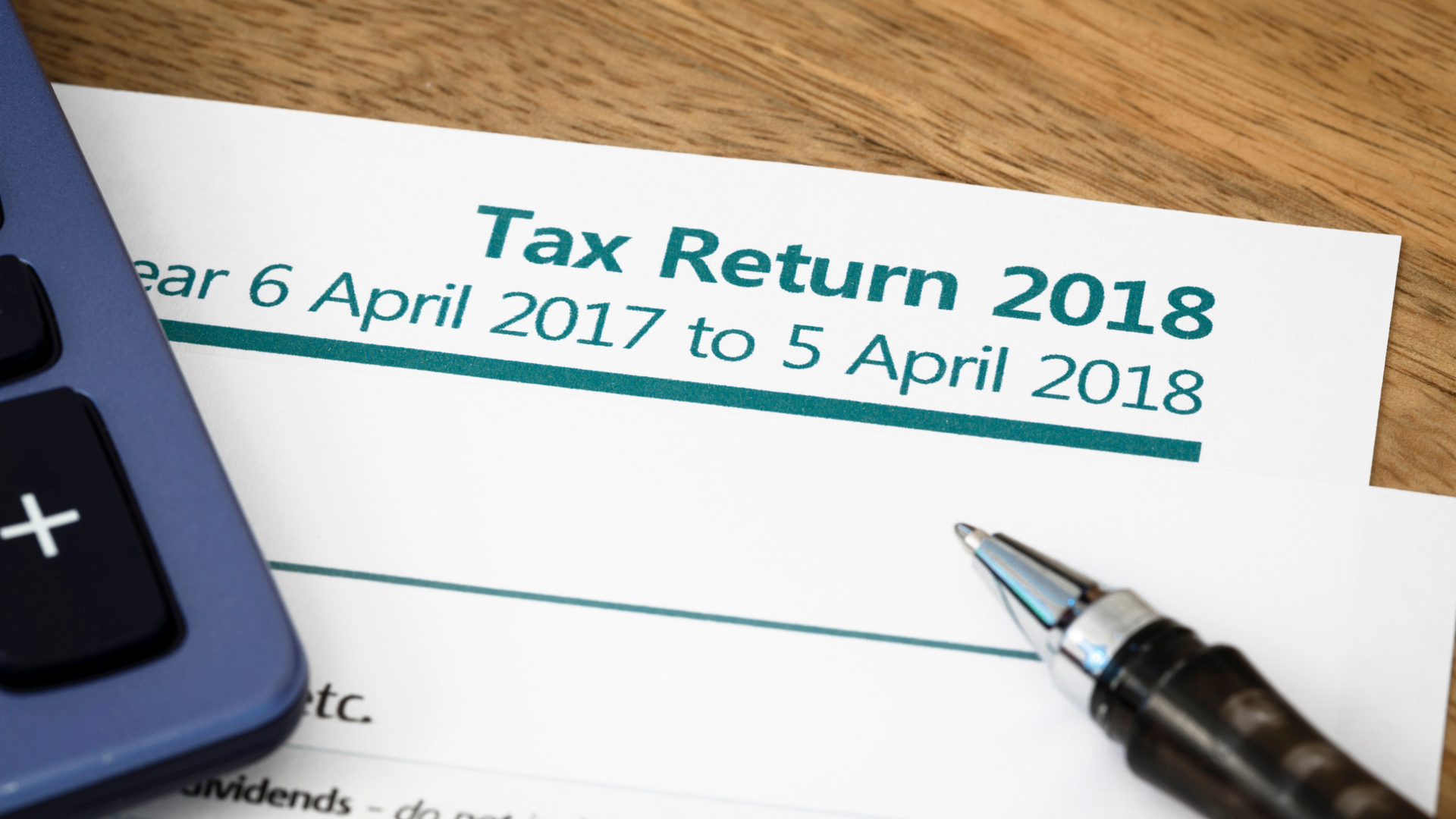Working as a self-employed sole trader in the UK means that you are running your own business as an individual. This means that you are responsible for all aspects of your business, including finances, administration, marketing, and customer service. Here is a more detailed explanation of what it means to work as a self-employed sole trader in the UK:
Registration and legal requirements:
If you're working as a self-employed sole trader in the UK, you must register with HM Revenue & Customs (HMRC) for tax and National Insurance purposes. You'll also need to keep accurate financial records, file self-assessment tax returns, and pay income tax and National Insurance contributions on your earnings. You should also consider registering for VAT if your turnover exceeds a certain threshold.
Business structure:
As a sole trader, you are the sole owner of your business and are personally responsible for its debts and obligations. This means that if your business goes bankrupt or faces legal action, your personal assets could be at risk. However, setting up as a sole trader is relatively straightforward and requires little paperwork or legal formalities.
Finances:
As a sole trader, you are responsible for managing your own finances, including invoicing, bookkeeping, and tax returns. You must also keep accurate financial records for at least five years. It's important to set aside money for tax and National Insurance contributions, and to budget for any other expenses, such as insurance or equipment.
Marketing and customer service:
As a sole trader, you are responsible for marketing your business and attracting clients or customers. This can involve networking, advertising, or using social media or other digital marketing channels. You must also provide excellent customer service to retain clients and build your reputation.....further information
Advantages of working as a self-employed sole trader:
- Flexibility and autonomy over your work and schedule
- The ability to choose your own clients and projects
- Lower administrative and start-up costs compared to other business structures
- Potential tax benefits, such as deducting expenses from your taxable income
Disadvantages of working as a self-employed sole trader:
- Personal liability for business debts and obligations
- No legal separation between you and your business
- No access to benefits or pension schemes provided by an employer
- Potentially higher tax rates compared to employed individuals, depending on your earnings
Overall, working as a self-employed sole trader in the UK can be a rewarding and flexible way to run your own business. However, it's important to carefully consider the advantages and disadvantages, and to seek professional advice when starting or growing your business.


